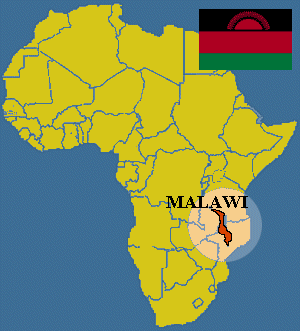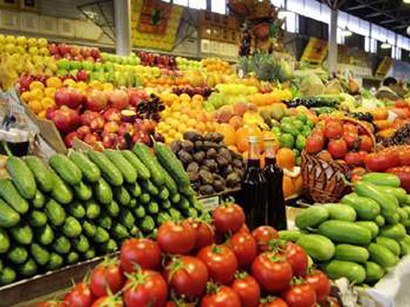The historian Dame Margery Perham was a major architect of the British colonial technique of indirect rule. “The great gap between the culture of rulers and ruled” was “the basic difficulty” with this method, she wrote.
“People do not understand what we want them to do … or, if they understand, do not want to do it.”
The solution, according to Dame Margery, was “to instruct the leaders of the people in the objects of our policy, in the hope that they will, by their natural authority, at once diffuse the instruction and exact the necessary obedience.”
Christine Lagarde, the IMF’s boss, may have felt something resembling Dame Margery’s frustration when she visited Malawi in January 2013 to review the institution’s structural adjustment programme. Malawi’s president, Joyce Banda, is more or less compliant with the urgings of Western technocrats such as Ms Lagarde, but the people Mrs Banda must try to rule are not impressed.
After years of being frozen out by her predecessor, Bingu wa Mutharika, Mrs Banda has restored the IMF to the top table of Malawian policy-making. At the fund’s behest, she has pushed through a sweeping programme of reforms, principally a massive 50% devaluation of its currency in May 2012 and the removal of major subsidies on fuel and other commodities, all in the name of attracting foreign investment.
The immediate prize was a three-year loan of $157m. The IMF had withheld these funds from the recalcitrant Mr Mutharika, along with an $80m credit facility. But as a reward for Mrs Banda’s currency devaluation, it restored them in June 2012.
The economy has not responded well. Bloomberg recently reported that the kwacha is now the worst-performing currency in Africa. A Malawian research organisation, the Centre for Social Concern, puts the rise in the cost of living for the average low-income urban family at 20% in 2012. Inflation is above 30%; food shortages are spreading; and the cost of fuel and other commodities has been rocketing since the devaluation.
Last November the cost of petrol rose from 539 kwacha ($1.78) a litre to 606 kwacha ($2). Another hike in early February saw it rise further to 704.30 kwacha ($1.71). Two years ago, in February 2011, an increase from 256 kwacha ($1.72) to 290 kwacha ($1.95) was considered unsustainable.




